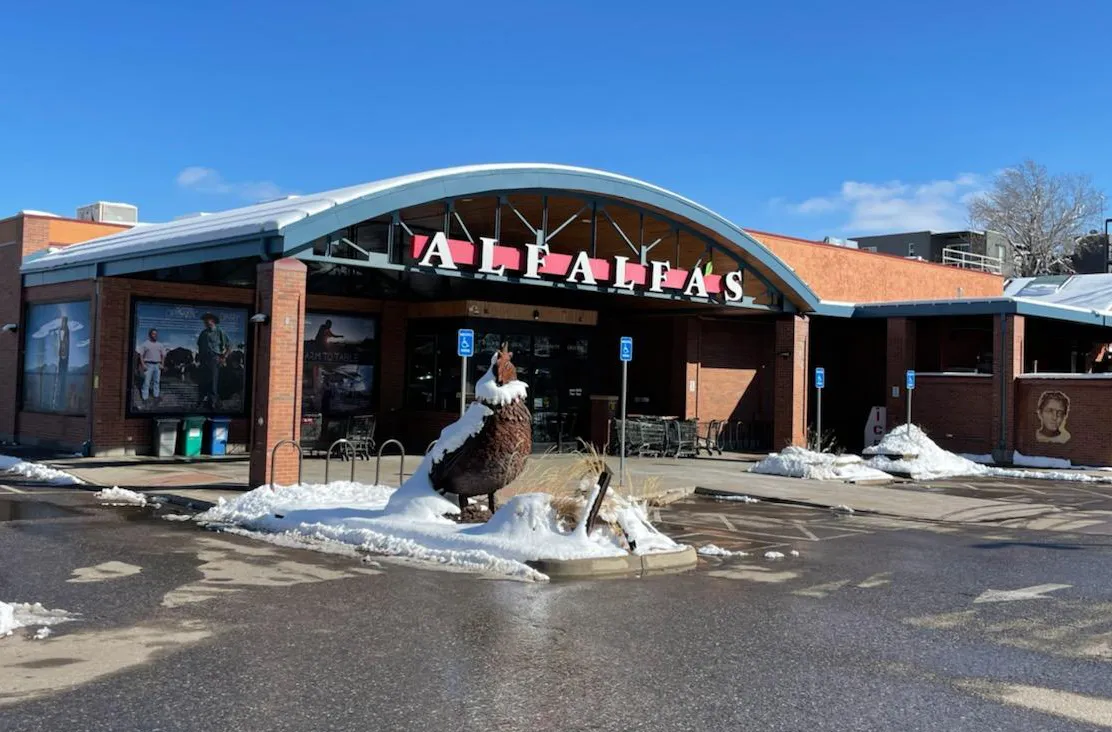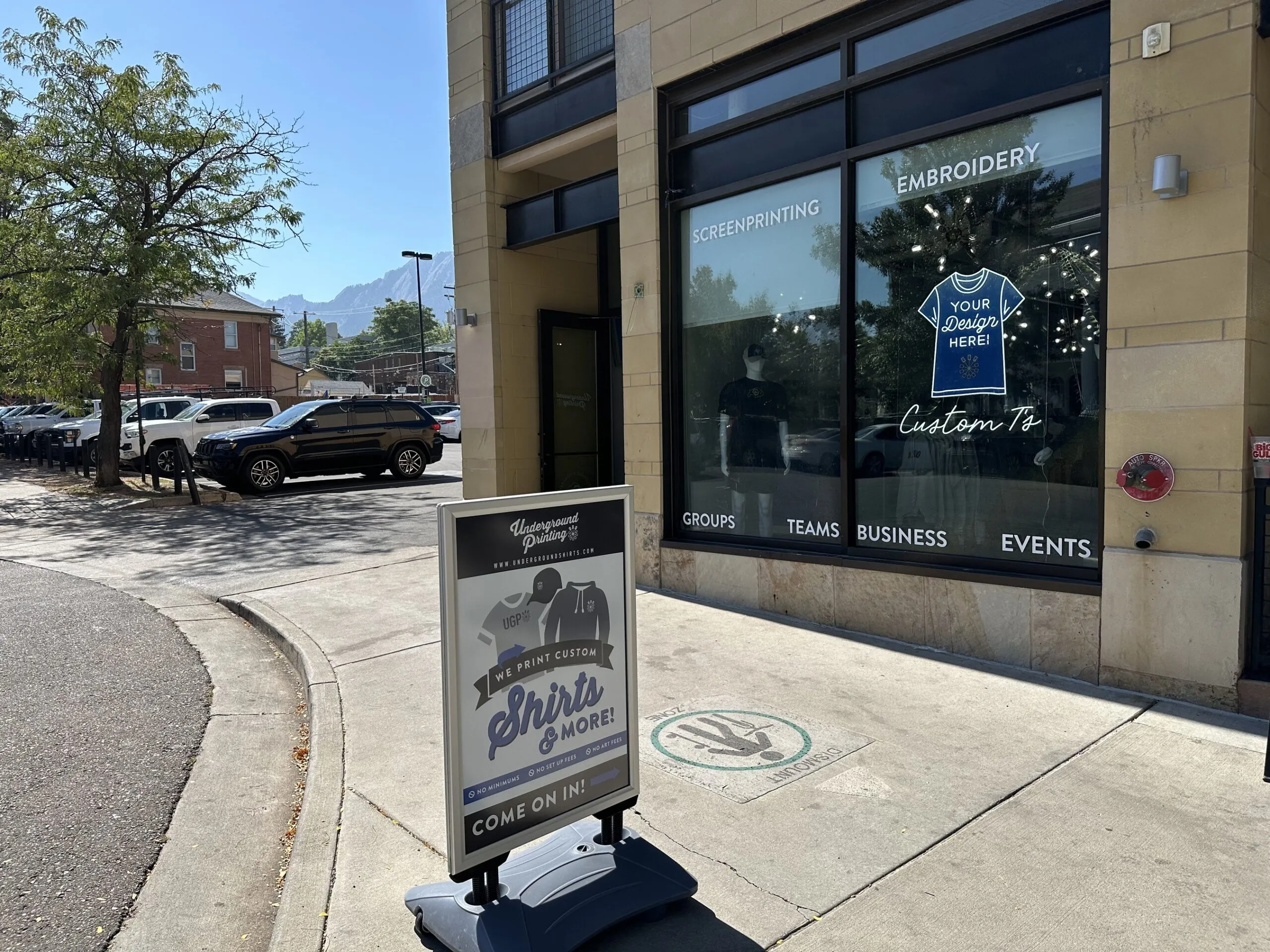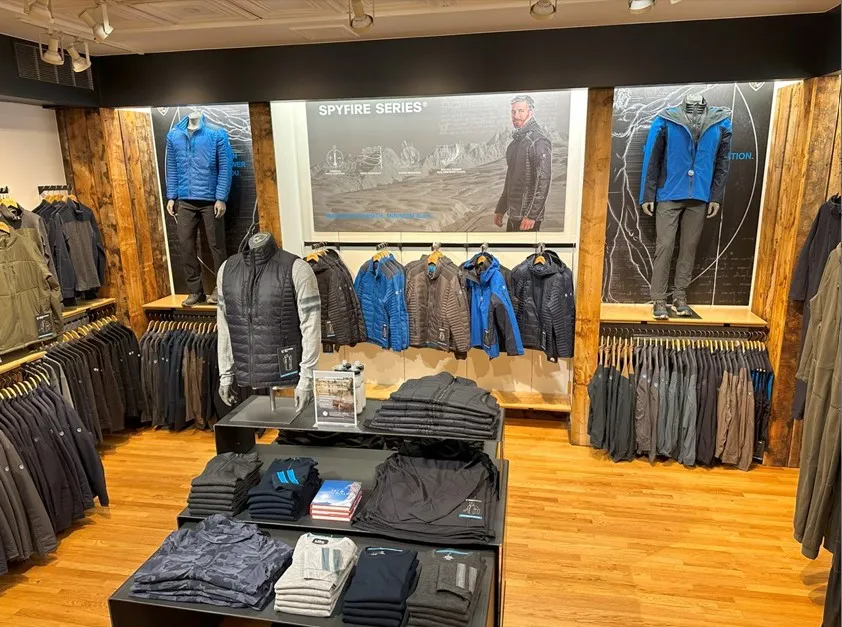Alfalfa’s Market to close flagship store in Boulder

BOULDER — Alfalfa’s Market will shutter its flagship store, ending almost 38 years of life on one of the city’s main strips after the ongoing COVID-19 pandemic forced one of its core business operations to stop.
The market at 1651 Broadway in downtown Boulder will begin a sale on Friday and will close next week depending on the outcome of that clearance.
In an interview, Alfalfa’s president Mark Homlish said the store’s cafe and prepared-foods department had been shuttered since the start of the pandemic, as it catered mainly to preparing meals for Boulder High School, the University of Colorado Boulder and…
THIS ARTICLE IS FOR SUBSCRIBERS ONLY
Continue reading for less than $3 per week!
Get a month of award-winning local business news, trends and insights
Access award-winning content today!




